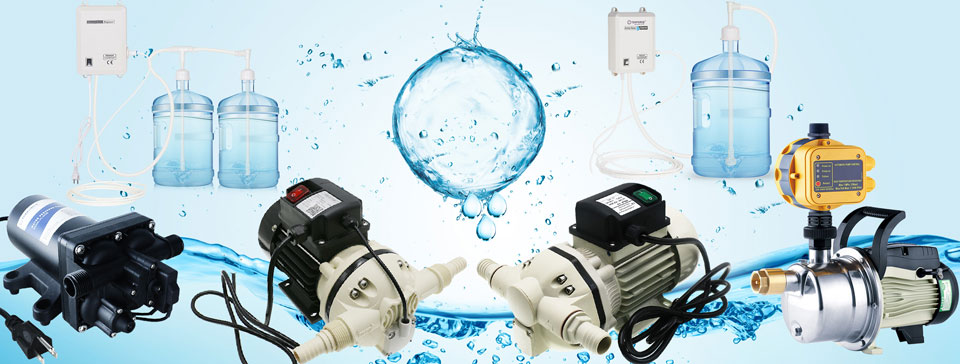Pump Factory In Haiti
Title: A Comprehensive Guide to Local Pump Factory and Pump Brands in Haiti
Introduction: Pump Factory In Haiti
Haiti, located in the Caribbean region, is a country that has been facing numerous challenges in the aftermath of the 2010 earthquake. One of the core sectors that have been significantly affected is the water and sanitation sector. Access to clean water remains a critical issue for the majority of the population, and the existing water infrastructure is in dire need of rehabilitation and upgrading. This article "Pump Factory In Haiti" aims to provide a comprehensive overview of the local pump factory and pump brands in Haiti, discussing their operations, challenges, and opportunities for growth and development.
Overview of the Local Pump Factory in Haiti
The local pump factory in Haiti, known as Société Nationale des Eaux de Haiti (SONEH), is the sole provider of water pumps in the country. Established in 1996, SONEH is a state-owned enterprise responsible for the production, distribution, and sale of water pumps. The factory is located in the capital city of Port-au-Prince and has a production capacity of approximately 3,000 pumps per year.
The pumps produced by SONEH are primarily used for water supply and irrigation purposes, catering to both residential and commercial clients. The factory employs a workforce of over 100 skilled workers, including engineers, technicians, and assemblers, who are trained in the production and maintenance of water pumps. SONEH is also committed to providing job opportunities for underprivileged communities in Haiti, contributing to the nation's social and economic development.
Challenges Faced by the Local Pump Factory in Haiti
Despite its significant contributions to the water and sanitation sector in Haiti, SONEH faces several challenges that hinder its growth and development. These challenges include:
a. Limited Production Capacity: With a production capacity of only 3,000 pumps per year, SONEH is unable to meet the growing demand for water pumps in Haiti. This limitation has led to a significant gap between supply and demand, resulting in a thriving underground market for imported pumps.
b. Poor Infrastructure: The factory's location in Port-au-Prince has posed logistical challenges, particularly due to the poor state of infrastructure in the area. Frequent power outages and transportation issues have hampered the production process, leading to delays and increased production costs.
c. Lack of Technical Expertise: SONEH faces a shortage of skilled workers with technical expertise in the production and maintenance of water pumps. This lack of expertise has limited the factory's ability to produce high-quality pumps and respond to the diverse needs of its clients.
d. Limited Financial Resources: As a state-owned enterprise, SONEH relies heavily on government funding for its operations. However, the persistent financial crisis in Haiti has limited the availability of funds, resulting in constraints in investment and expansion.
Opportunities for Growth and Development
Despite the challenges faced by SONEH, there are several opportunities available for the local pump factory to grow and develop. These opportunities include:
a. Increased Investment: The Haitian government and international donors should consider increasing investment in SONEH to improve its production capacity and infrastructure. This investment could lead to the development of new production lines, modernization of equipment, and an increase in the workforce.
b. Technical Collaboration: SONEH should seek technical collaboration with international partners to enhance the skills and expertise of its workforce. This collaboration could involve training programs, joint research and development initiatives, and the transfer of technology.
c. Market Expansion: SONEH should explore opportunities to expand its market beyond Haiti, particularly in the Caribbean region. This could involve the establishment of distribution networks, partnerships with local businesses, and the development of export-oriented production.
d. Innovation and Diversification: SONEH should focus on innovation and diversification to meet the evolving needs of its clients. This could involve the development of new pump models, energy-efficient pumps, and irrigation systems, as well as the introduction of complementary products and services.
Conclusion Pump Factory In Haiti
In conclusion, the local pump factory in Haiti, SONEH, plays a crucial role in the provision of water pumps for both residential and commercial clients. Despite facing several challenges, the factory remains committed to improving water access and contributing to the nation's development. By addressing the challenges and seizing the available opportunities, SONEH can continue to grow and develop, ultimately contributing to a better future for the people of Haiti.

